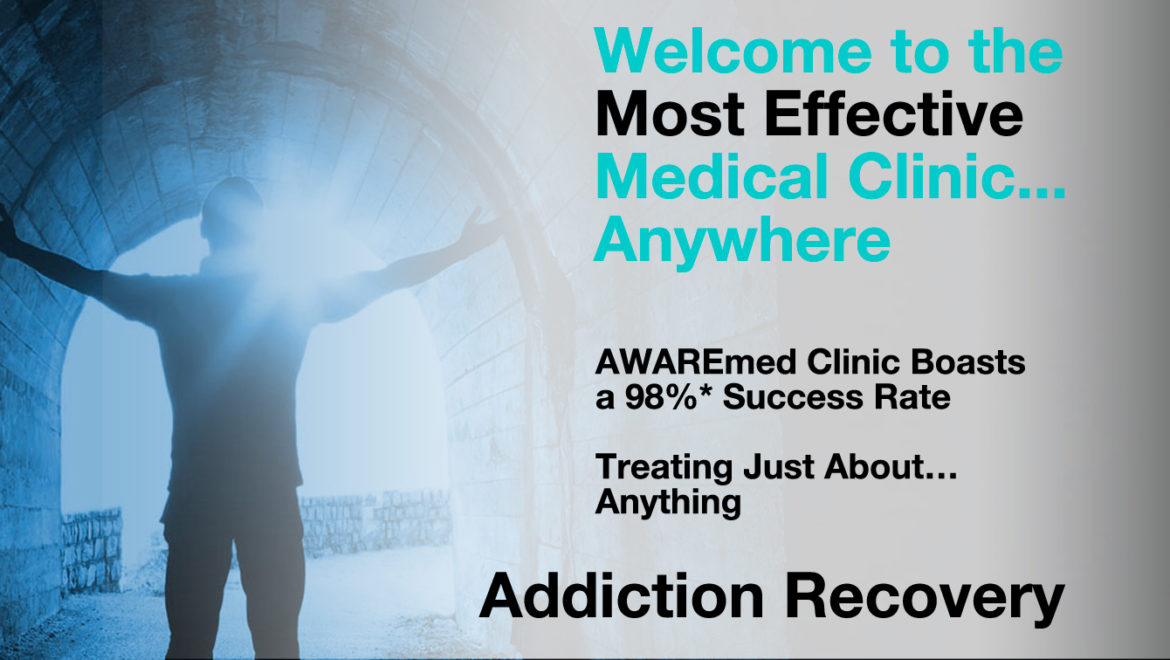Stopping alcohol drinking

Stopping alcohol drinking temptation can be difficult but with professional help, it is made easier
Stopping alcohol drinking temptation: Common health conditions
You must have been told that a little alcohol is good for your digestion and that it is better to take this substance responsible or moderately. I have equally been told the same. But wait a moment, are there consequences of doing so? Why then are we warned in every advertisement that alcohol consumption is harmful to your health? This is what we want to address in this article even as we seek for ways of stopping alcohol drinking for a better health. According to the experts from AWAREmed Health and Wellness Resource Center under the able leadership of doctor Dalal Akoury MD. It all begins with understanding the effects of alcohol addiction before taking actions of defeating the problem.
Effects on the Lungs
Pneumonia – Over time, chronic alcoholism can cause severe reductions in white blood cells, which increase the risk for community-acquired pneumonia i.e. pneumonia acquired outside of hospitals or nursing homes. When patients are inebriated they are also at risk for aspiration of mucus from the airways, causing pneumonia. Patients who abuse alcoholism have a greater risk for developing severe pneumonia. It is therefore advisable that patients with alcohol dependence receive an annual pneumococcal pneumonia vaccination and so when you start seeing signs like high fever, cough and stabbing chest pains you must consult with your doctor immediately.
Skin, Muscle, and Bone Disorders
Severe alcoholism is associated with osteoporosis i.e. loss of bone density, muscular deterioration, skin sores, and itching. Women often seem to face a higher risk than men for damage to muscles, including muscles of the heart, from the toxic effects of alcohol.
Stopping alcohol drinking temptation: Reproduction and Fetal Development
Sexual Function and Fertility – Alcoholism increases levels of the female hormone estrogen and reduces levels of the male hormone testosterone, factors that possibly contribute to erectile dysfunction and enlarged breasts in men, and infertility in women. Such changes may also be responsible for the higher risks for absent periods and abnormal uterine bleeding in women with alcoholism.
Drinking during Pregnancy and Effects on the Infant – there is no safe drinking when it comes to pregnant mothers. That which you call moderate amounts of alcohol is more than enough to cause damaging effects on the development of the fetus in several ways like low birth weight and an increased risk of miscarriage. High amounts can cause fetal alcohol syndrome a condition that can cause mental and growth retardation. Although there is no specific amount of alcohol intake, the risk of developing the syndrome is increased depending on the time of alcohol exposure during pregnancy, a pattern of drinking (four or more drinks per occasion), and how often alcohol consumption occurs.
Effect on Weight and Diabeteshttp://www.integrativeaddictionconference.com/wp-admin
Moderate alcohol consumption may help protect the hearts of adults with type 2 diabetes. Heavy drinking, however, is associated with obesity, which is a risk factor for this form of diabetes. In addition, alcohol can cause hypoglycemia, a drop in blood sugar, which is especially dangerous for people with diabetes who are taking insulin. Intoxicated diabetics may not be able to recognize symptoms of hypoglycemia. The list is endless and we are still going to address the two below in our next article so keep reading and be the first to know. But in the meantime, if you have any concern over this discussion, you can call doctor Akoury for more professional input.
- Central and Peripheral Nervous System and Mental Functioning
- Vitamins and mineral deficiencies
Stopping alcohol drinking temptation: Common health conditions









